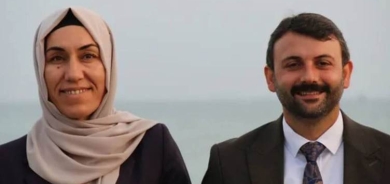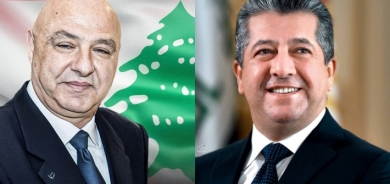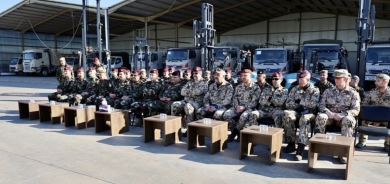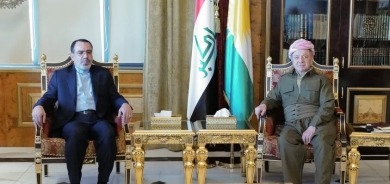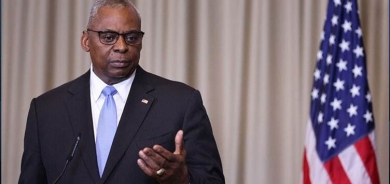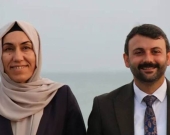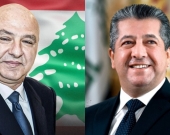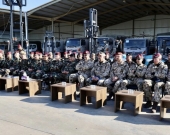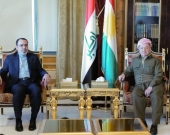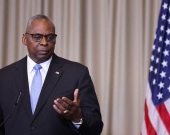Halabja horror is reminder of dictatorship’s dangers

The Iran-Iraq war may have ended 25 years ago, but for those of us who covered it, the memories remain fresh. Missiles rained down on Tehran. Iranian teenagers, often armed with a single grenade, were sent to their deaths in waves of attacks across the marshes of southern Iraq. But it is the use of chemical weapons against the Kurds of northern Iraq in the closing months of the war that became the most notorious.
The small market town of Halabja was the worst hit. About 5,000 people were killed when Iraqi airplanes dropped nerve agents and mustard gas on to the town. Many survivors were left with horrific injuries to their eyes and lungs. Some are still dying of their wounds.
A small group of reporters managed to reach Halabja and report the war crime, but Western governments turned a blind eye. The Pentagon suggested the Iranians were responsible. Britain continued its covert support for Saddam. Cynics dismissed the conflict as a war between two four-letter countries.
The Kurds are right to demand that the campaign to exterminate them should be recognised as genocide. They rightly fear that unless the horrors of the past are recognised they could happen again.
The current regime in Baghdad is increasingly authoritarian and the rights of minority groups are being abused. The Kurds have learnt to their cost what happens when dictatorship takes hold in Baghdad.
If you are resident in the UK or a British citizen, you can sign the online petition to recognise the Kurdish Genocide:
http://epetitions.direct.gov.uk/petitions/31014
PUKmedia


